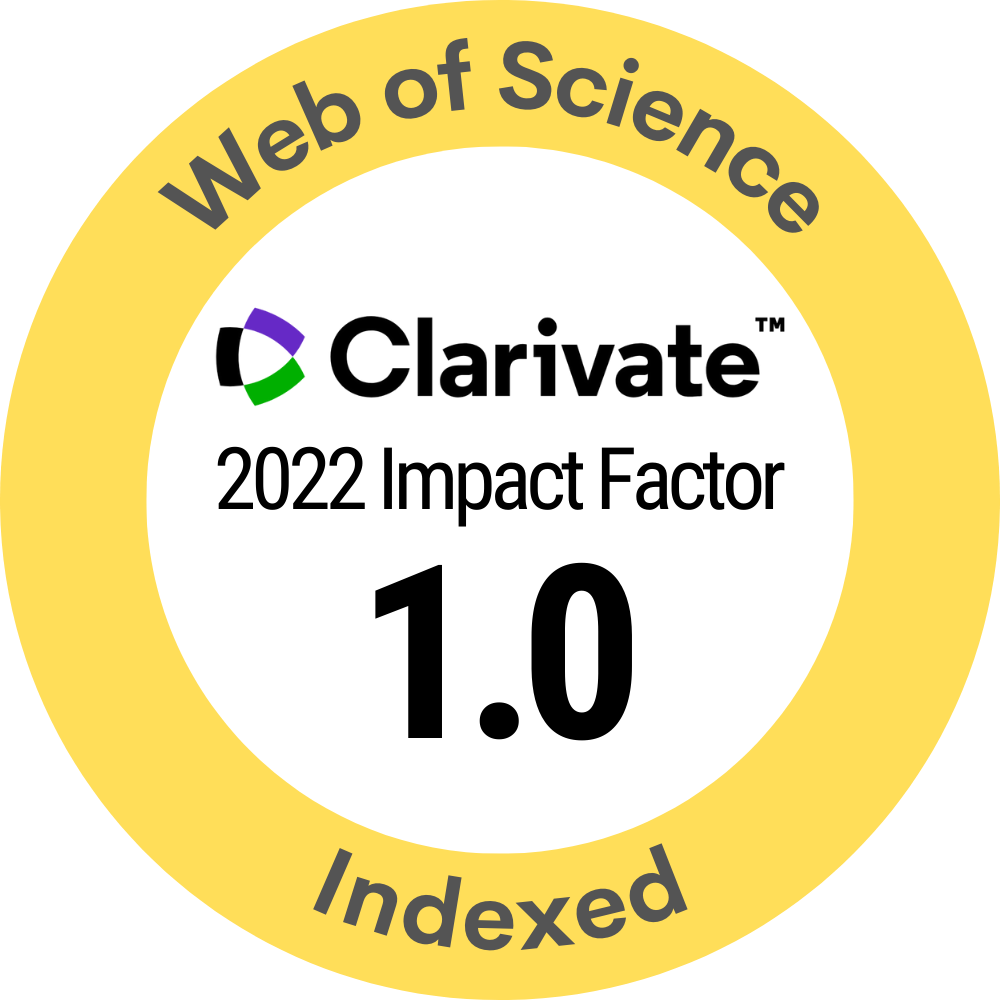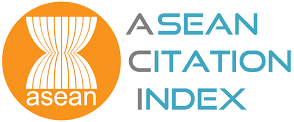Mode I stress intensity factors of sickle-shaped surface cracks in round solid bars under bending moment
DOI:
https://doi.org/10.15282/ijame.13.2.2016.4.0276%203329Keywords:
Sickle-Shaped Crack, Surface Cracks, Round Solid Bars, Bending Moment.Abstract
Sickle-shaped crack may occur on the surface of solid round cylinder under some specific reasons such as design discontinuities or material defects. This type of crack is capable to grow circumferentially around the bar and it is called a sickle-shaped surface cracks. The complete solution of stress intensity factors (SIF) of sickle-shaped surface cracks is hard to find and therefore the objective of this paper is to present the behaviour of these cracks under remotely applied bending moment. In order to understand the role of these cracks, there are seven crack aspect ratios, a/b considered, ranging from 0.0 to 1.2. For each crack aspect ratio, there are six relative crack depths, a/D used ranging from 0.1 to 0.6. ANSYS finite element program is used to model the crack. Stress intensity factor (SIF) which is based on the J-integral is used to characterize the cracks. For relatively shallow cracks (a/D <= 0.3), the role of SIFs along the crack front is insignificant regardless of a/b. However, for the deeper cracks (a/D > 0.3), the effect of a/b is tremendous on the SIFs. If a/b is increased from 0.0 to 1.2, higher SIFs are obtained around the central compared with the outer regions of the crack fronts. This is due to the fact that the circumferential cracks at both sides of the bar experience lack of mode I opening mechanism compared with the crack faces at the upper side cracks. It is suggested that the phenomena of crack closure are not only caused by the plastic deformation, surface roughness and other related factors but the shape of crack also plays an important role.







